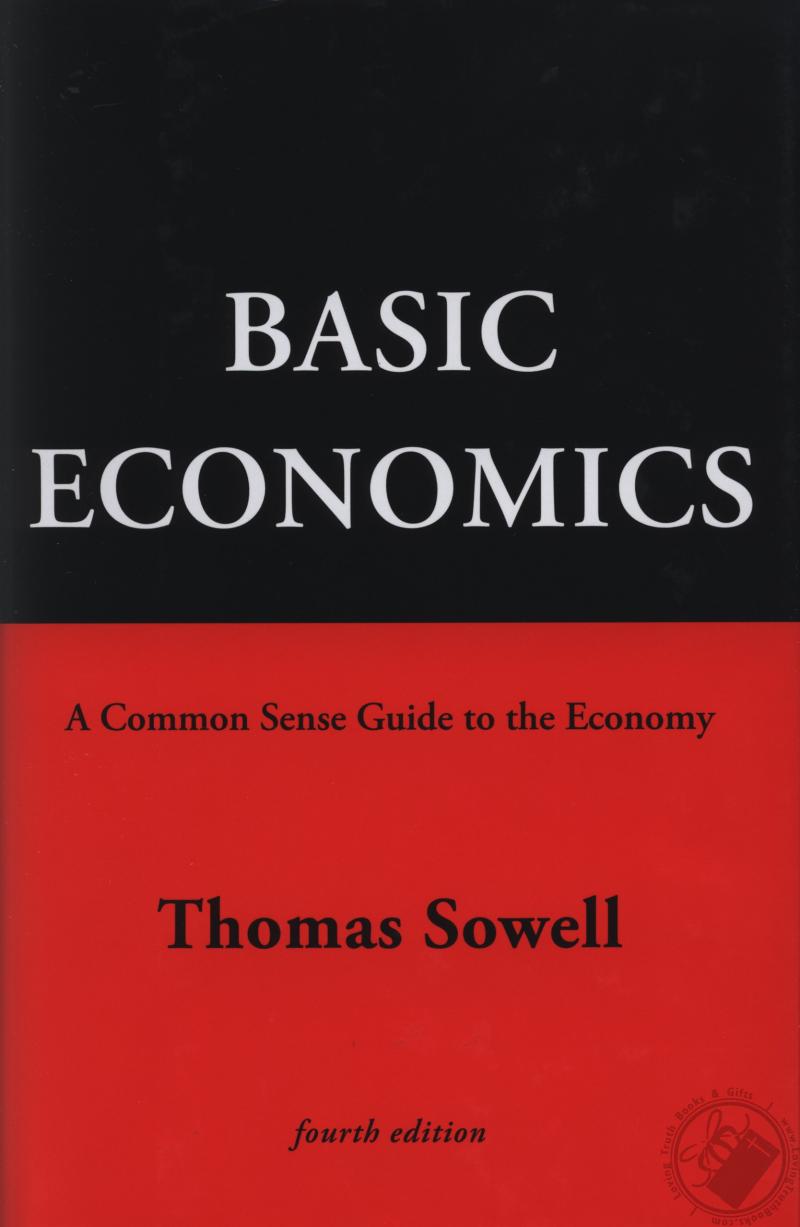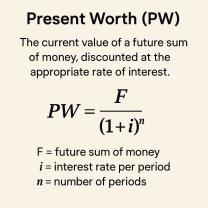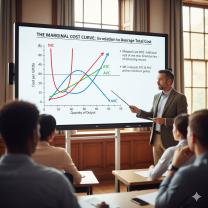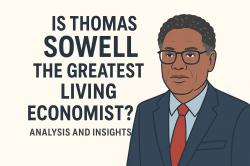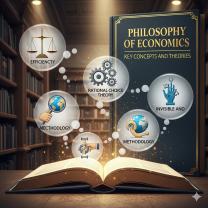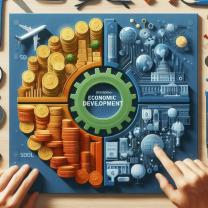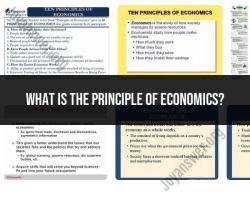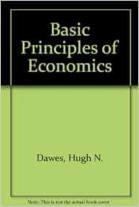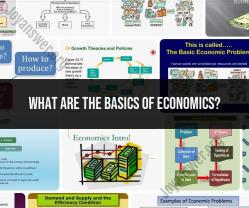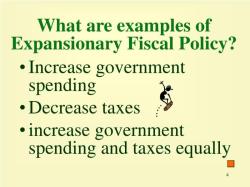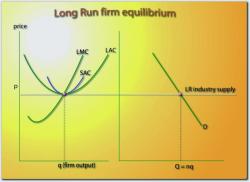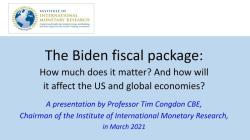What are the best books to learn economics?
Learning economics can be both rewarding and challenging, and there are numerous books that cater to different levels of expertise and areas of interest within the field. Here is a list of essential books recommended for learning economics:
"Principles of Economics" by N. Gregory Mankiw:
- A widely used introductory textbook that covers fundamental principles and concepts in economics.
"The Wealth of Nations" by Adam Smith:
- A classic work that laid the foundation for classical economics, emphasizing the role of self-interest and the invisible hand in a market economy.
"Freakonomics: A Rogue Economist Explores the Hidden Side of Everything" by Steven D. Levitt and Stephen J. Dubner:
- This book applies economic principles to unconventional topics, making it an engaging and accessible introduction to economic thinking.
"Thinking, Fast and Slow" by Daniel Kahneman:
- While not strictly an economics book, it delves into behavioral economics and the cognitive biases that influence decision-making, providing valuable insights for economists.
"Capital in the Twenty-First Century" by Thomas Piketty:
- Piketty explores economic inequality over time, offering a historical perspective on wealth and income distribution.
"Nudge: Improving Decisions About Health, Wealth, and Happiness" by Richard H. Thaler and Cass R. Sunstein:
- A book on behavioral economics that discusses how subtle nudges can influence decision-making for better outcomes.
"Development as Freedom" by Amartya Sen:
- Sen discusses the relationship between economic development and freedom, emphasizing the importance of expanding human capabilities.
"Misbehaving: The Making of Behavioral Economics" by Richard H. Thaler:
- Thaler's memoir provides a lively account of the development of behavioral economics and his contributions to the field.
"The Road to Serfdom" by F.A. Hayek:
- A classic work in Austrian economics that argues for the importance of individual freedom and limited government intervention.
"Economics in One Lesson" by Henry Hazlitt:
- Hazlitt presents economic principles in a clear and concise manner, making it accessible for readers new to the subject.
"The Undercover Economist" by Tim Harford:
- Harford explains economic concepts through real-world examples, making it an engaging read for those new to economics.
"Manias, Panics, and Crashes: A History of Financial Crises" by Charles P. Kindleberger and Robert Z. Aliber:
- This book provides insights into financial crises throughout history, offering a historical perspective on economic downturns.
Remember that the best book for you depends on your specific interests and the level of depth you're seeking. Whether you're a beginner or looking for more advanced topics, this list provides a good starting point for exploring various aspects of economics.
Your Path to Economic Enlightenment: Top Books and Learning Strategies
Finding the right Economics books can be a daunting task with so many options available. To navigate this sea of knowledge, let's explore some highly recommended books catering to different learning styles and delve into their unique features and effective utilization methods:
1. Recommended Books for Diverse Learning Styles:
- For Beginners:
- "Economics in One Lesson" by Henry Hazlitt: A classic, concise explanation of fundamental economic principles through everyday examples.
- "Naked Economics: Undressing the Dismal Science" by Charles Wheelan: A witty and engaging introduction to macroeconomics and microeconomics using real-world scenarios.
- For Visual Learners:
- "Freakonomics: A Rogue Economist Explores the Hidden Side of Everything" by Steven Levitt and Stephen Dubner: Uses engaging storytelling and unexpected connections to illustrate economic concepts.
- "Doughnut Economics: Seven Ways to Think Like a 21st-Century Economist" by Kate Raworth: Combines colorful visuals and diagrams with clear explanations to explore sustainable economic models.
- For In-Depth Study:
- "Principles of Economics" by N. Gregory Mankiw: A comprehensive textbook, widely used in introductory courses, offering thorough explanations and detailed analysis.
- "Thinking, Fast and Slow" by Daniel Kahneman: Explores the psychology of decision-making and its impact on economic behavior.
2. Unique Features for Enhanced Understanding:
- Clear and concise language: Some books like "Economics in One Lesson" break down complex concepts into simple, understandable terms.
- Real-world examples and case studies: Books like "Freakonomics" use relatable scenarios to illustrate economic principles, making them more engaging.
- Interactive elements and exercises: Some books like "Doughnut Economics" offer activities and questions to encourage active learning and deeper understanding.
- Visual aids and diagrams: Visual representations in books like "Principles of Economics" can clarify complex models and relationships.
3. Comprehensive Coverage of Diverse Topics:
- Many recommended books, like "Naked Economics" and "Principles of Economics," cover both microeconomics (individual markets and behavior) and macroeconomics (large-scale economic trends).
- Some books focus on specific areas like "Thinking, Fast and Slow" on behavioral economics or "Doughnut Economics" on sustainable development models.
- Utilizing several books with complementary strengths can provide a well-rounded understanding of various economic dimensions.
4. Effective Strategies for Utilizing Recommended Books:
- Set realistic goals and break down reading into manageable chunks.
- Take notes, underline key points, and ask yourself questions about the material.
- Discuss economic concepts with peers or join study groups for deeper comprehension.
- Apply learned concepts to real-world situations and analyze news through an economic lens.
- Don't be afraid to cross-reference different book perspectives on the same topic.
Remember, the journey to understanding economics is not a sprint but a marathon. Choose books that align with your learning style, pace yourself, and actively engage with the material to unlock the fascinating world of economic complexities.
I hope this guidance helps you find the perfect economics books and develop effective learning strategies for your unique path to economic understanding!
